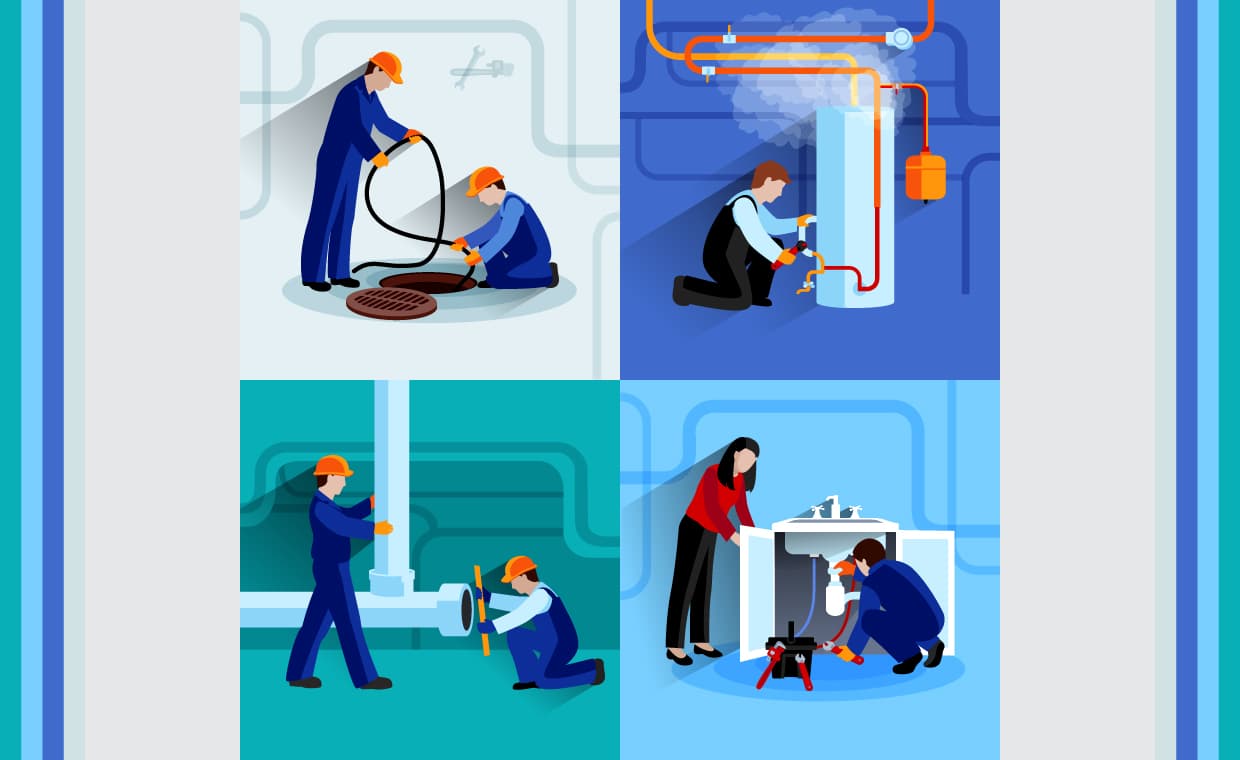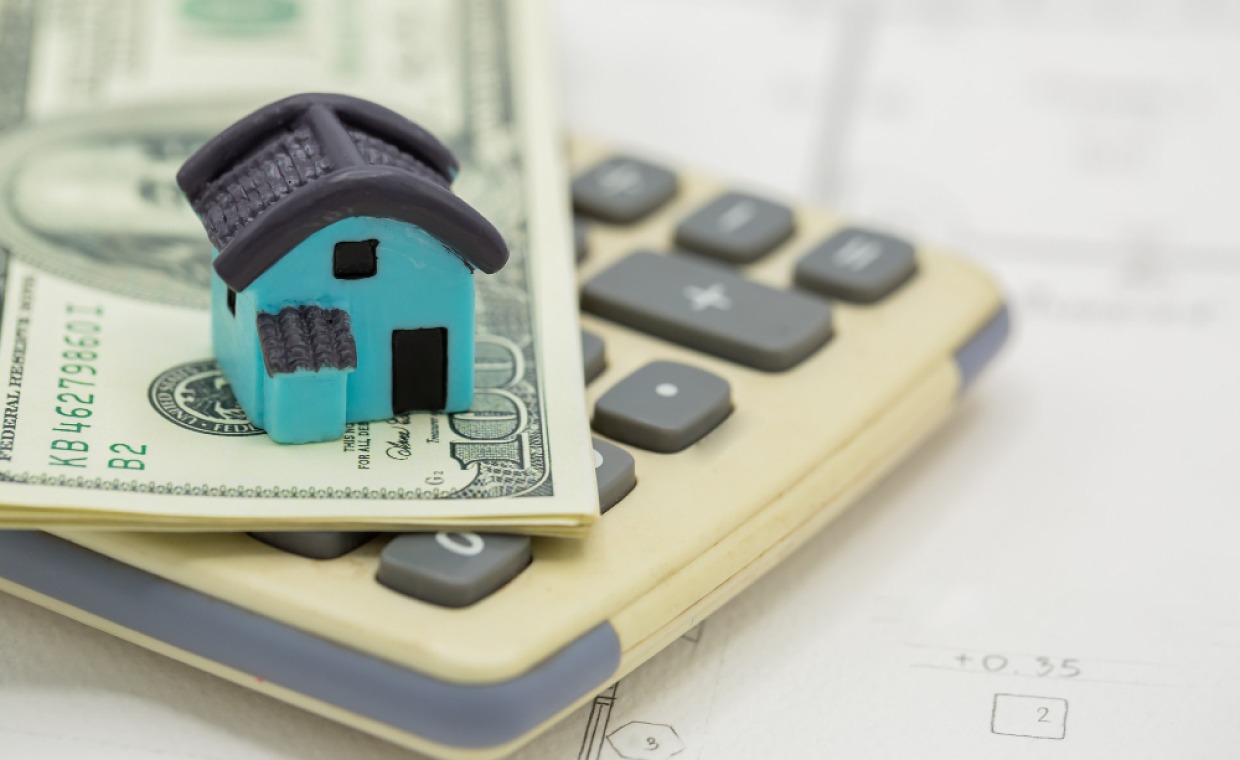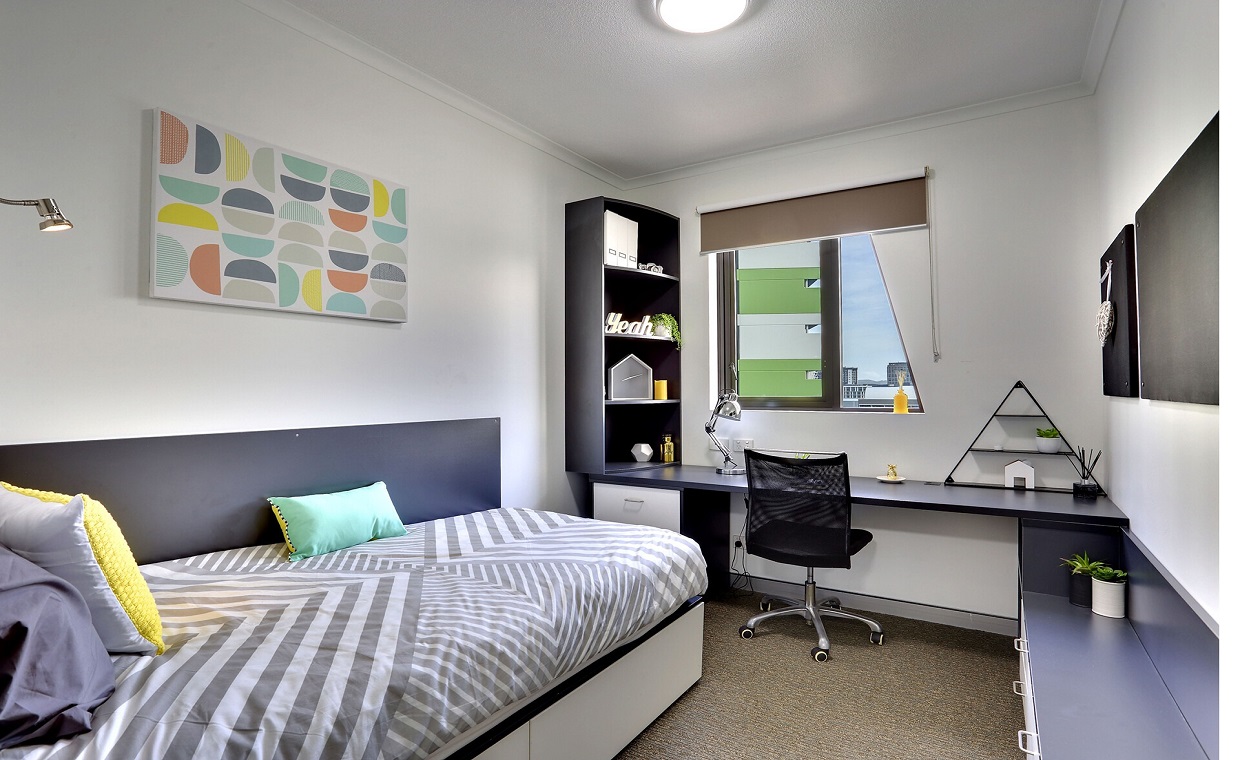
Dealing with plumbing problems can be a real headache. From minor leaks to major floods, pipe issues can cause significant damage to your home and wallet. But the good news is, with a little effort and some smart practices, you can keep your plumbing in tip-top shape. Here are five clever tips to help you prevent plumbing problems and keep your home running smoothly. These will prevent most of the common issues a household can face.
Tips to Prevent Plumbing Problems
01. Inspect Your Pipes Regularly

Because pipes are often unseen, they often end up ignored as well, which is a mistake. Regular inspections can help you catch small issues before they turn into big problems.
Take a few minutes every couple of months to look at the exposed pipes in your basement, under sinks, and behind toilets. Check for signs of corrosion, rust, or leaks.
If you notice any dampness or discoloration on the pipes or walls, it’s a sign that something needs attention. A small leak today can become a burst pipe tomorrow, so it’s better to address these issues early.
02. Be Mindful of What Goes Down the Drain


Your drains are not garbage disposals. Being mindful of what you send down the drain can save you from clogs and backups.
In the kitchen, avoid pouring grease, coffee grounds, or large food particles down the sink. These items can solidify and block your pipes.
In the bathroom, use drain covers to catch hair and soap scum. Don’t flush anything other than toilet paper and human waste. Products like wipes, even those labeled “flushable,” can cause serious blockages.
Educating your family about these practices can prevent a lot of unnecessary plumbing issues.
03. Avoid Chemical Drain Cleaners

When a drain gets clogged, reaching for a chemical drain cleaner might be tempting. However, these cleaners can do more harm than good.
Harsh chemicals can erode your pipes over time, leading to leaks and other damage. Before attempting a chemical cleaner, try using a plunger or a drain snake to clear the blockage. Or call a Denver drain cleaning professional to fix the issue.
If you must use a chemical cleaner, make sure they’re rated for the types of pipe you have, and follow the instructions on the box carefully. That’s the best way to minimize the risk of pipe damage.
04. Monitor the Water Pressure

Water pressure can often be an early sign of plumbing issues. If the pressure is too low, there may be something wrong with the system, potentially involving a leak or blockage somewhere. While water pressure that is too high can cause issues in the long run, putting unnecessary stress on pipes and joints.
You can easily check your water pressure with a gauge, which you can find at most hardware stores. Attach it to a faucet and make sure the reading is between 40-60 psi (pounds per square inch). If it’s too high or too low, call a professional.
05. Check for Leaks Frequently

Even small leaks can lead to big issues if left unchecked. Water trapped in tight spaces can lead to mold growth, as well as water damage to the surrounding structure. You should keep an eye out for signs that water is leaking into your home’s system.
Pay attention to your water bill-an unexpected increase might indicate a leak. Also inspect faucets, showerheads, and under-sink areas for any signs of dripping or pooling water.
Don’t forget to check your toilets, too. Water leaking from a toilet can be hard to spot. A good trick is to put a few drops of food colouring in the tank. If the colour shows up in the bowl without flushing, you have a leak.
In nutshell, hope this tips to prevent plumbing problems will keep your plumbing system in good condition. If the problems are sever, consult the plumbing professional.
And before you go, don’t forget to read the following article:






























